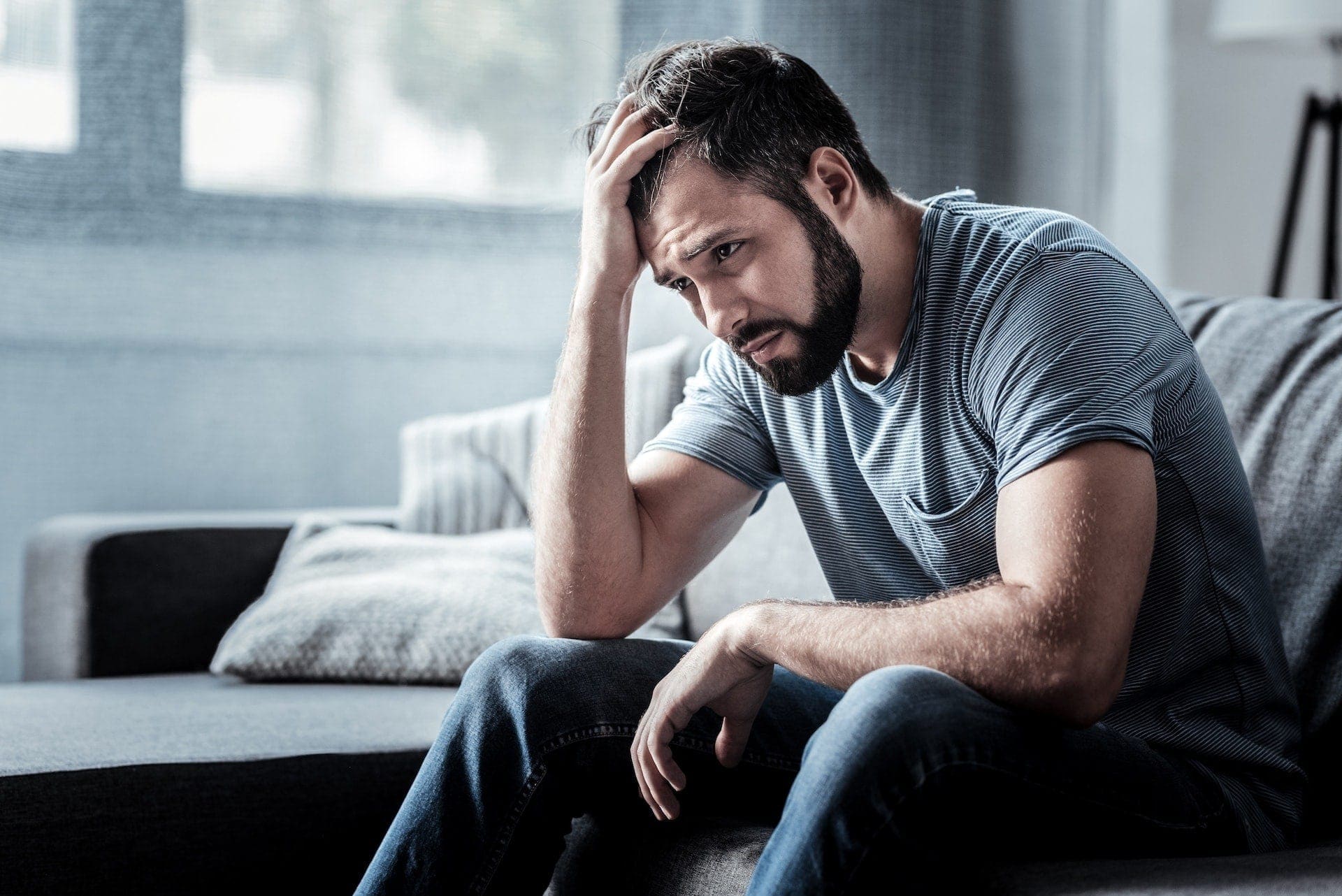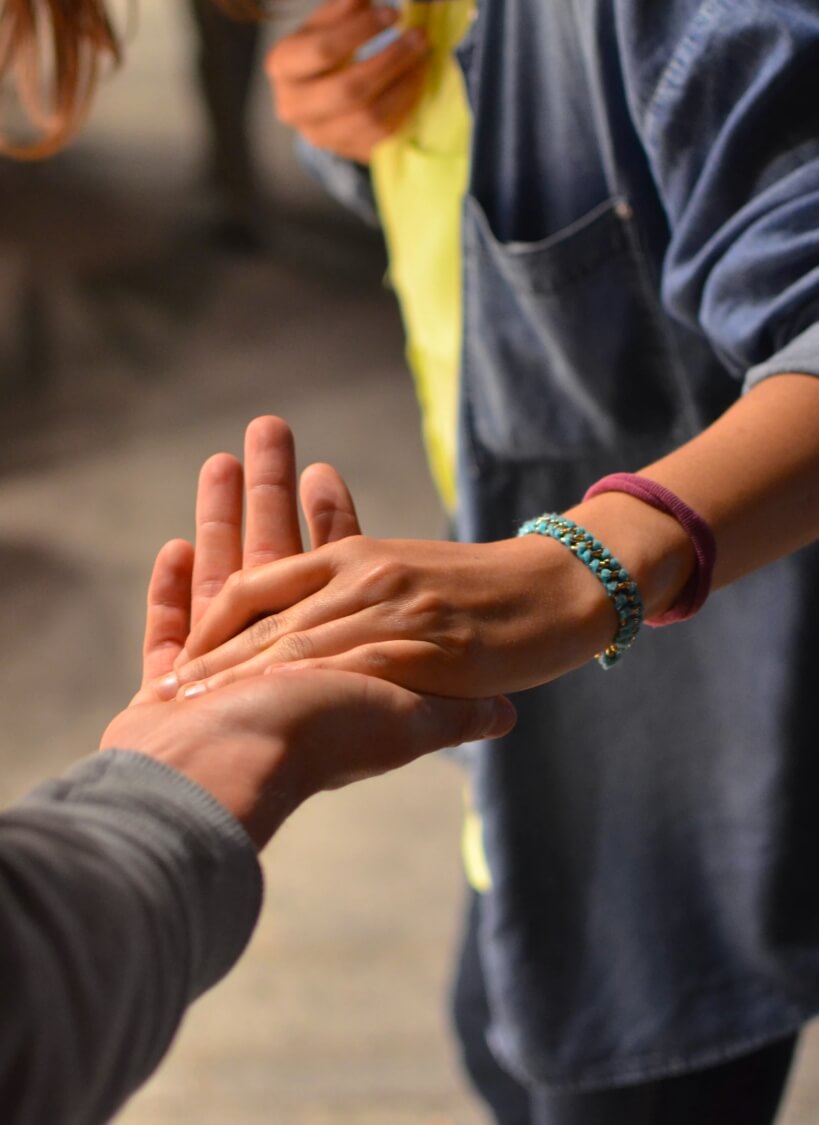- Ecstasy is illegal in all parts of the world. The key ingredient in Ecstasy is MDMA, although it is often blended with amphetamines (speed) and occasionally with other drugs like heroin, cocaine or Lysergic Acid (LSD).
- Ecstasy is not physically addictive, but users can develop an emotional addiction to the drug because of its euphoric and hallucinogenic aspects.
- Users commonly develop a tolerance to Ecstasy and may need to use larger and larger quantitied of the drug in an attempt to re-experience that first high.
Showing closest practices to
No location selected
Practices within 5km
Practices within 10km
Practices within 20km
15 min drive
45 min drive
1.5 hr drive
Not found in your area
Bella Vista
Q Central Building, Suite 208A, 10 Norbrik Drive
Bella Vista NSW 2153
T:(02) 8820 0717
View details
Bella Vista NSW 2153













































